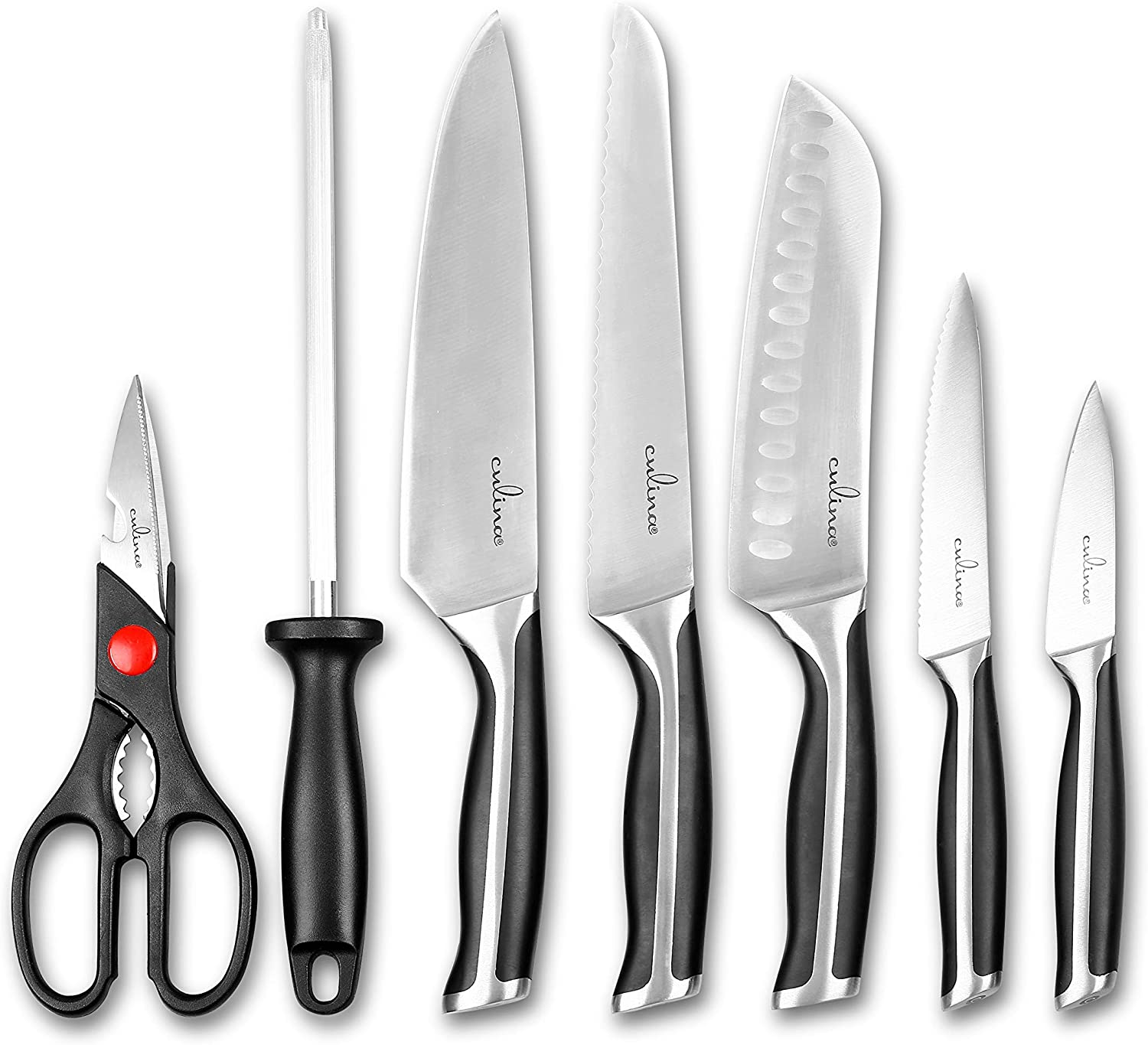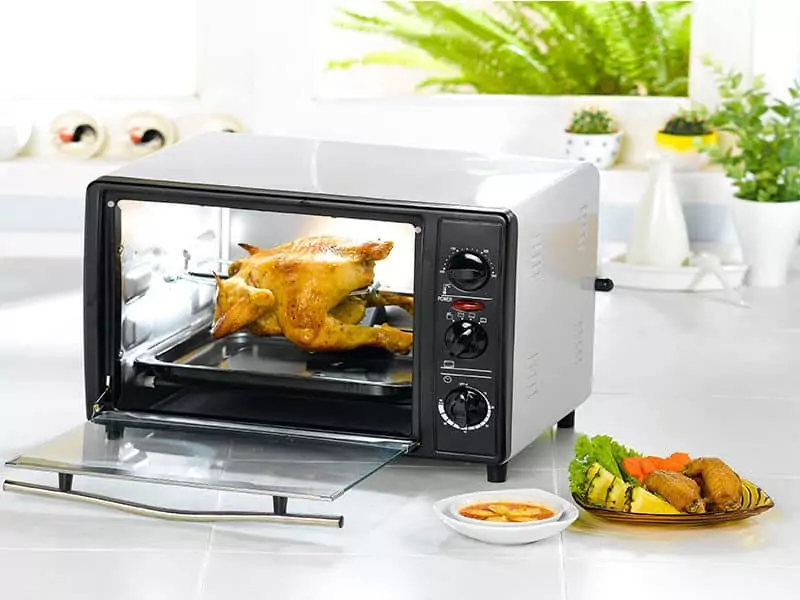Rotisserie chicken is a delightful and convenient meal option, but it’s critical to understand its shelf life, especially when left at room temperature. How long is rotisserie chicken good for at room temperature? This question is essential for ensuring the safety and quality of the food you consume. In this article, we will explore the science behind chicken storage, best practices, and tips for keeping your rotisserie chicken fresh. Let’s dive into the fascinating world of food safety and storage.

The Basics of Rotisserie Chicken
What is Rotisserie Chicken?
Rotisserie chicken is a chicken cooked on a rotisserie, which is a device that slowly rotates the chicken while it cooks. This method ensures even cooking and deliciously crispy skin.
Why is Rotisserie Chicken Popular?
The popularity of rotisserie chicken stems from its flavor, convenience, and versatility. It’s a quick meal solution that can be used in various recipes, making it a staple in many households.

Understanding Food Safety: Time and Temperature
The Danger Zone
Food safety experts define the ‘Danger Zone’ as temperatures between 40F and 140F. Bacteria multiply rapidly within this range, making it critical to limit the time food spends in this zone.
How Long Can Rotisserie Chicken Stay at Room Temperature?
According to the USDA, cooked chicken, including rotisserie chicken, should not be left out at room temperature for more than two hours. If the room temperature is above 90F, this time decreases to one hour. Beyond this, the risk of bacterial growth increases significantly.

Consequences of Improper Storage
Foodborne Illness
Improper storage of rotisserie chicken can lead to foodborne illnesses such as Salmonella and E. coli infections. These can cause symptoms like nausea, vomiting, diarrhea, and, in severe cases, hospitalization.
Loss of Quality
Aside from health risks, leaving rotisserie chicken out for too long can lead to a loss of flavor and texture, resulting in a less enjoyable meal.
Best Practices for Storing Rotisserie Chicken
Immediate Refrigeration
To ensure safety and maintain quality, refrigerate your rotisserie chicken within two hours of purchase or cooking. Use airtight containers or tightly wrap the chicken in aluminum foil or plastic wrap.
Freezing for Longer Storage
If you wish to store rotisserie chicken for an extended period, freezing is an excellent option. Ensure the chicken is tightly wrapped and placed in a freezer-safe bag or container. Frozen rotisserie chicken can last up to four months without significant loss of quality.
Reheating Rotisserie Chicken
When ready to enjoy your refrigerated or frozen rotisserie chicken, reheat it to an internal temperature of 165F to ensure it is safe to eat. For detailed instructions on reheating, you can visit how to reheat a rotisserie chicken.
Identifying Spoiled Rotisserie Chicken
Visual and Olfactory Cues
Common signs of spoilage include a sour smell, slimy texture, and discoloration. If your rotisserie chicken exhibits any of these signs, it is best to discard it.
Mold
Visible mold growth is a clear indicator that the chicken is no longer safe to eat. Mold typically appears as green, black, or white spots on the chicken’s surface.
FAQ Section
How Long Can Rotisserie Chicken Stay in the Fridge?
You can store rotisserie chicken in the refrigerator for up to four days. For more details, check out this article on how long rotisserie chicken can stay in the fridge.
Can I Freeze Rotisserie Chicken?
Yes, you can freeze rotisserie chicken. Properly stored in an airtight container or freezer bag, it can last up to four months in the freezer.
What is the Best Way to Reheat Rotisserie Chicken?
Reheating options include the oven, microwave, or stovetop. The essential factor is to ensure the internal temperature reaches 165F. Learn more about how to heat up rotisserie chicken.
Conclusion
Understanding how long is rotisserie chicken good for at room temperature is crucial for food safety and enjoyment. Following best practices for storage and reheating can help you make the most out of your rotisserie chicken while minimizing the risk of foodborne illness. Remember, when in doubt, it’s always best to err on the side of caution and prioritize your health and well-being. For more information on rotisserie chicken, visit this external guide by Culinary Hill.
As an Amazon Associate, I earn from qualifying purchases.









